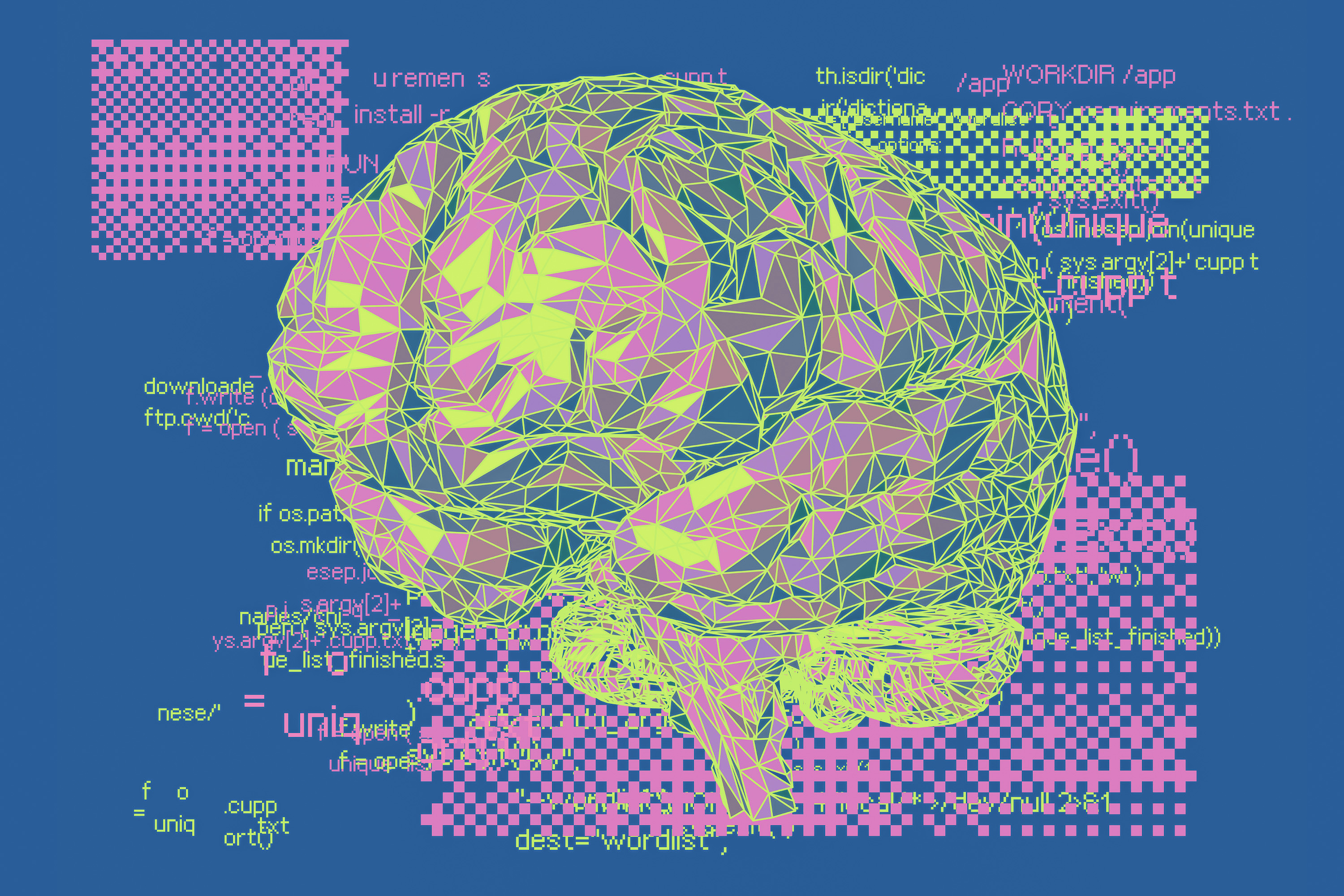
Last week we visited Davos, where more than 250 political leaders and CEOs of 1,000 leading companies gathered at the World Economic Forum. This year, the conference focused on Globalization 4.0: on shaping inclusive and sustainable societies in times of the Fourth Industrial Revolution (4IR). However, a lot of criticism was directed at participants for doing the opposite: exacerbating inequality and maintaining climate inaction.
Inequality in particular was a major item on the WEF agenda: both current inequality and the potential of the technologies of the 4IR to aggravate inequality. Oxfam’s latest report “Private Wealth or Public Goods” was published just a week before the world’s richest gathered in Davos and showed that, in 2018, the wealth of the world’s billionaires increased by 12%, while the poorest half of humanity saw their wealth shrink by 11%. Moreover, Klaus Schwab, founder of the WEF, and panelists from the political and technological domain all agreed that 4IR technologies such as AI could further exacerbate inequalities. The rise of AI puts at risk current jobs of low-skilled, uneducated workers and the high-end but increasingly critical technology is currently only accessible to those who can afford it. The panel agreed that the technology should be better harnessed to ensure welfare reaches those who need it and that, globally, countries need to collaborate on AI to enhance inclusiveness.
Individual countries perceive a risk of getting behind in the race to develop AI. Falling behind in developing and implementing AI systems creates inequality between countries. During the WEF, this was addressed by Japanese Prime Minister Shinzo Abe. He called for a global free flow of data as large volumes of data are needed to develop AI. While Chinese tech companies harvest massive amounts of data, these data are only allowed to be held internally. Abe envisions such an international data exchange being negotiated by the WTO and announced that Japan would use its chairmanship of the G20 in 2019 to push forward a framework for oversight of how data is used.

